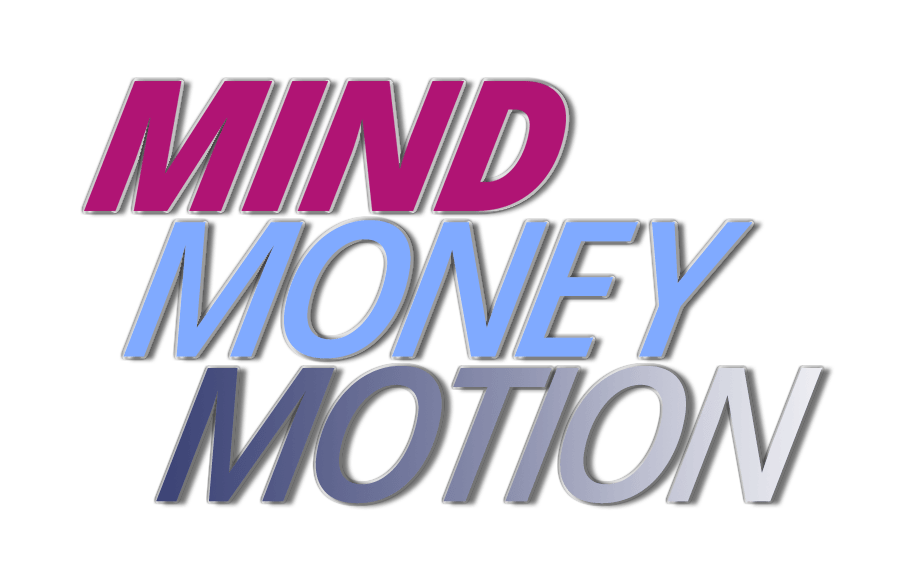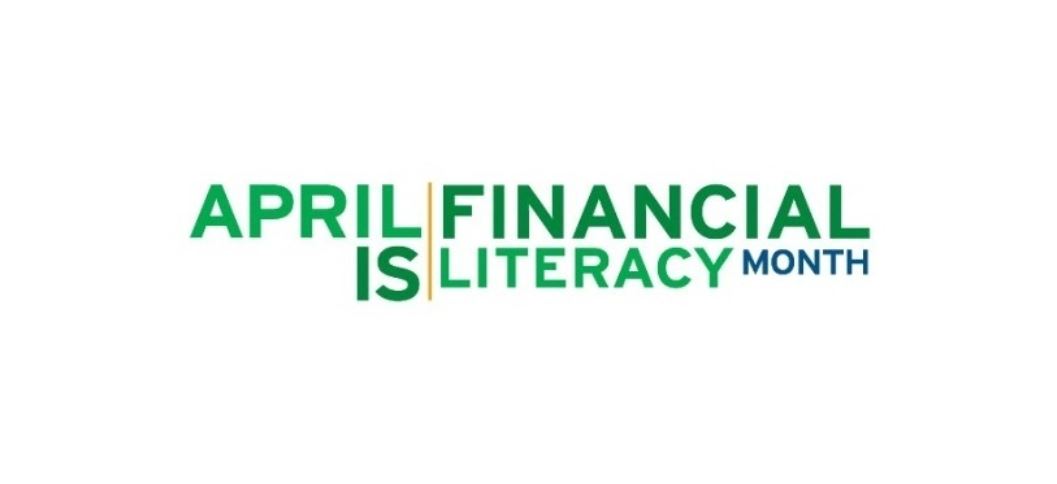April 2019 – Because we’re living longer, saving less, feeling less secure about our jobs, and not requiring financial literacy be taught in a majority of our schools, it’s no wonder 40% of millennials say they are overwhelmed with debt, living paycheck to paycheck and are unable to save for the future. Or that 60% of American have less than $25,000 in retirement savings or that 70% of those over age 70 are on track to run out of money. Over 120 million Americans don’t have their financial house in order and are living without an up-to-date financial and estate/gift plan to protect themselves or their families in the event of sickness, accidents and death.
Back in 2003, Congress found financial literacy important enough to establish the Financial Literacy and Education Commission. They designated the Office of Financial Education coordinated by the Department of the Treasury to provide support and proclaimed April as Financial Literacy Month. But so far, that has not been enough as we look at other signs that we truly are experiencing a financial illiteracy epidemic:
- 46% of Americans do not have a rainy day/emergency fund
- About 1/3 of Americans pay just the minimum due on their credit card accounts each month
- 56% of consumers are concerned about running out of money in retirement
- 45% of Americans have no retirement savings
- Nearly 25% of Americans are not able to pay all of their current month’s bills on time
- 44% of American adults either could not cover an emergency expense of $400 or would cover it by selling something or borrowing money
What can we do about it? Contact your legislators and school districts to voice your support and/or offer assistance for requiring personal finance be taught at least in high school (a teachable moment when they will soon go into the work world and need to know and begin practicing smart money management). Take it upon yourself to learn the essential principles of personal finance. Talk about what you learn or share the information you find with family and friends.
To help you get started, check out the amazing, free resources at www.TheFinancialAwarenessFoundation.org . Financial education has been linked to higher net worth, positive money behavior changes, and less reliance on government safety nets. Who doesn’t want all of that?!
Help spread the word and wish everyone you know a happy April: Financial Literacy Month!

